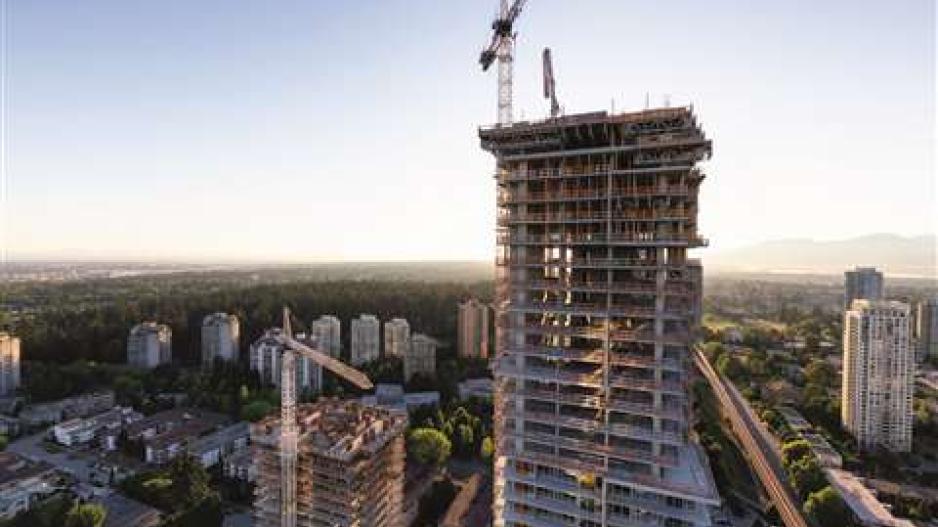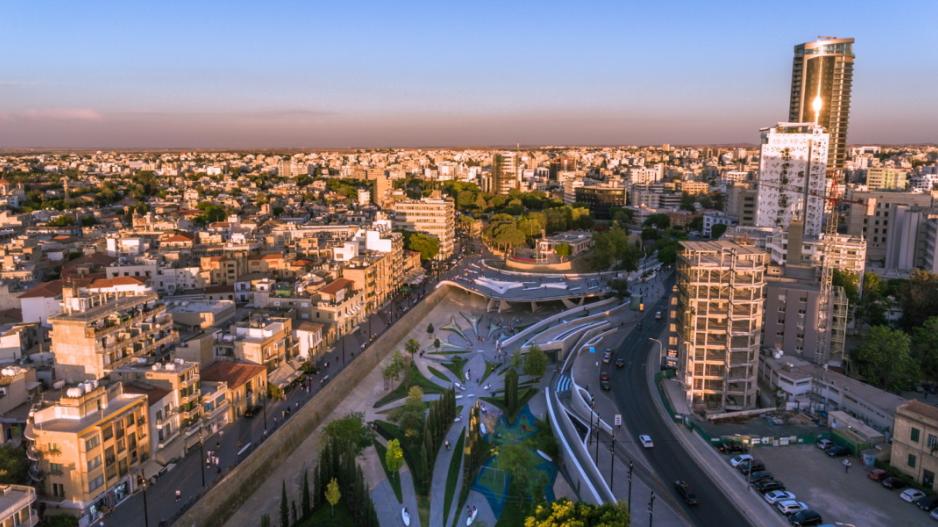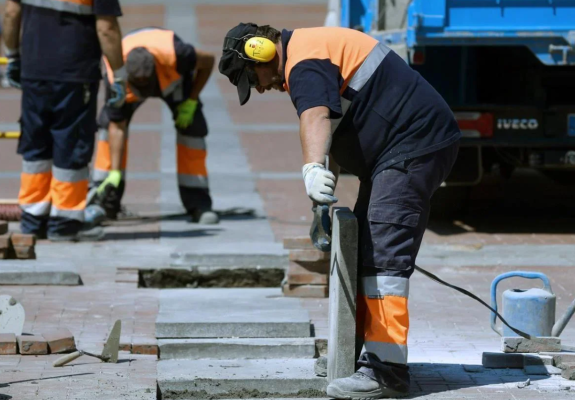Nicosia: Archaeologists Warn Against High-Rise Buildings in Historic District
Concerns Raised Over Irreversible Damage to Nicosia’s Cultural Heritage and Medieval Landscape
The Association of Cypriot Archaeologists (ACA) has strongly opposed plans by the Nicosia Municipality to approve the construction of high-rise buildings near Famagusta Gate, citing concerns over irreversible damage to the area’s historic and cultural character.
In a press release, the association urged authorities to enforce existing laws and consider expert opinions to preserve Nicosia’s cultural heritage, particularly as the city bids for the European Capital of Culture title.
During a recent meeting with the Department of Antiquities, the ACA was informed of the municipality’s intention to approve high-rise buildings at the intersection of Salaminos and Larnakos Avenues, where the current building height limit does not exceed eight floors.
Describing the issue as "extremely critical and alarming," the association reiterated its strong opposition to large-scale developments in archaeologically and historically sensitive areas.
The ACA called on all relevant authorities to uphold existing legislation to prevent the degradation of Nicosia’s medieval character, warning against unregulated urban expansion driven by financial interests.
The construction of high-rise buildings near the historic walls of Nicosia would violate the cultural integrity of the area and lead to permanent alterations in its character, the statement emphasized.
According to Cypriot law on antiquities and urban planning policies, any development near an ancient monument requires official approval from the relevant authority.
The Department of Antiquities is responsible for assessing any development’s impact on protected heritage sites, ensuring that the cultural landscape remains unaffected.
The ACA stressed that other authorities must respect and adopt the Department of Antiquities’ position, given its expertise and role as the guardian of Cyprus’s cultural heritage.

The association argued that applications for major construction projects should be subject to collective and multi-level evaluations, rather than left to the discretion of local municipalities or urban planning authorities.
"Changes to zoning laws and urban planning regulations should be based on well-researched policies and strategic planning, not dictated by private investment interests," the statement noted.
The Nicosia Municipality, it added, must recognize its responsibility to preserve the city's historical and cultural identity.
The uncontrolled rise of high-rise buildings threatens to erode Nicosia’s urban and cultural landscape, undermining its potential as a historic and cultural destination.
The protection of Nicosia’s cultural heritage is also crucial for the city’s successful bid for the European Capital of Culture title, making it imperative to prioritize long-term cultural and social goals over short-term financial gains.
The ACA called for state intervention to protect historic and architecturally significant buildings, which are integral to the city’s identity.
"The continued loss of such buildings due to uncontrolled urban development and investor pressures threatens not only the city's character but also the public’s connection to its history and cultural landscape," the statement warned.
The ACA urged the Nicosia Municipality and state authorities to listen to experts, civil society, and organized groups, all of whom have expressed serious concerns about high-rise developments that violate existing laws and alter the city’s character.
"Such developments contradict the principles of sustainable and balanced urban planning, which the state must uphold, and often come at the expense of residents' quality of life," the statement concluded.






